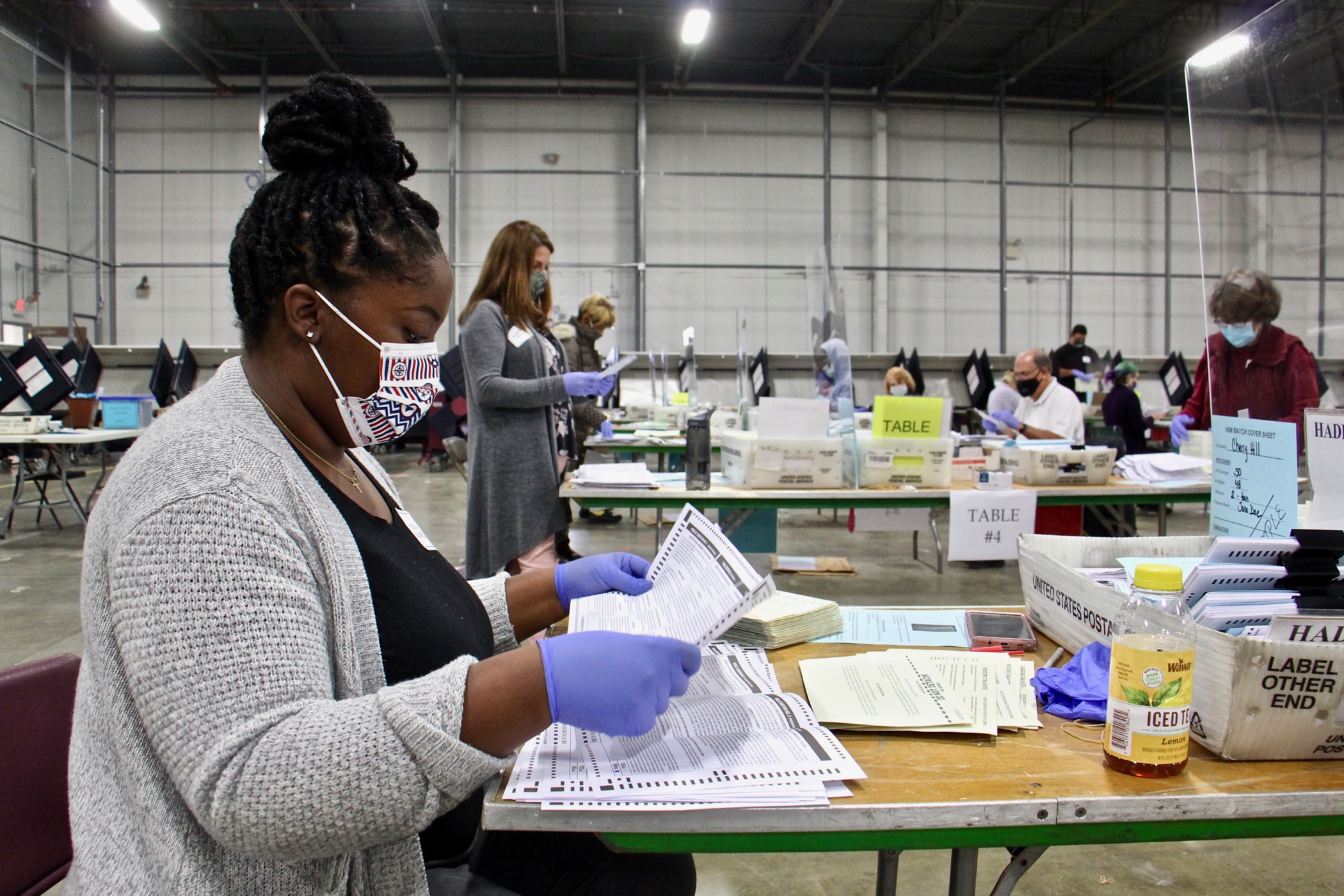OPINION: Some states took the wrong approach to counting mail-in ballots

Political scientists and journalists have predicted that the presidential election results will not be known the night of Nov. 3 due in part to the increased number of mail-in ballots delaying the outcome.
As a result of the heavy influx of mail-in ballots, counting ballots will take longer than usual, especially amid COVID-19. Voters are being cautious about contracting the virus by opting out of in-person voting. It is impossible to know when the results will be final, but projections will begin once all polling locations across the country have officially closed Wednesday at 1 a.m. EST, according to CNN.
Only nine states, including Florida, are anticipating at least 98% of unofficial results reported by noon the day after the election, according to The New York Times. Many other states have the inability to know when results will be declared, since they allow for absentee ballots to be turned in until precincts close.
Counting absentee ballots on Election Day will result in a delayed outcome of days or even weeks, unnecessarily so since the officials were aware of the increase in mail-in ballot use since March. Mail-in ballots made up 50.3% of the 2020 primaries compared to 24.9% in the 2016 general election, according to Pew Research Center.
As of Nov. 1, The Guardian reported over 59 million mail-in ballots had been turned in, accounting for 39% of registered voters, per the Pew Research Center, with 32 million still outstanding.
States should have prepared for this election by beginning to count mail-in ballots far before Nov. 3.
Some states that have already experienced the uncertainty that absentee voting produces have put laws in place to guarantee ballots will be counted earlier than Election Day, like Florida and Arizona. This should have been a warning for states that chose to begin tallying ballots Nov. 3.
Florida law allows for ballots to be opened and counted weeks ahead of Election Day, but it doesn’t allow for a grace period after Election Day for mail-in ballots to be collected, according to NPR.
Florida’s election laws, though still possessing room for improvement, should have been the blueprint for other states when it comes to absentee voting.
The New York Times reported that New York and Alaska have opted not to announce their mail-in ballot results on election night, and Michigan and Pennsylvania said their mail-in ballot results will not be revealed for multiple days, due to the number of ballots received.
Result delays leave room for civil unrest and may allow candidates to discredit the election process. President Donald Trump has already stated that he does not trust mail-in voting, convincing his supporters that absentee ballots are unreliable.
“There is going to be fraud like you’ve never seen,” said Trump.
Trump may not be entirely wrong, though. Many ballots have been invalidated due to incorrect addresses, dates, but mostly a lack of signature on the back of the envelope, as reported by the Sun Sentinel.
Daniel Smith, the chair of the political science department at UF and a state elections expert, said out of 3 million absentee ballots mailed in Florida by Oct. 24, 14,600 had been rejected and thrown away.
Despite this, there is an assumption that the rise in mail-in ballots will continue through future elections, since many aspects of the pandemic have already become common practice, like virtual work meetings. Because of this, America needs to begin to further prepare for massive mail-in ballot counts in 2022 and beyond.
Due to increased mail-in voting, states should have begun counting ballots far before Election Day. Hindering election results will only breed impatience among an already intense voting population.








